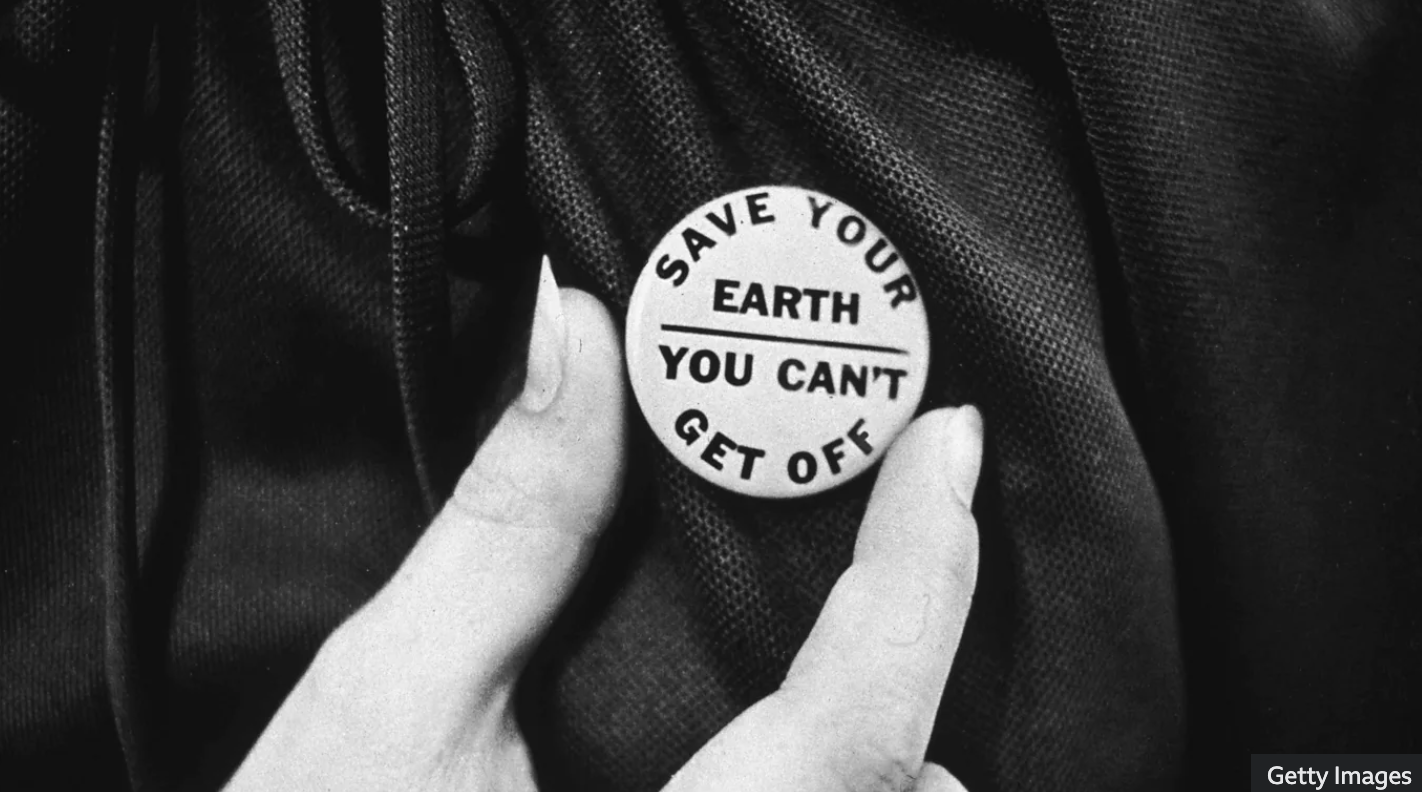· By Hannah Jane Dantzscher
Personal Sustainability in the Context of Global Systems
Last week, we had the privilege of speaking with The Alliance for Planet Earth at The College of Charleston. Our discussion centered on the theme of personal sustainability within the broader context of global systems and social movements. We explored how everyday actions can serve as catalysts for fostering greater hope and motivation, fueling the cultural shifts needed to address the environmental challenges we face. It was truly invigorating to brainstorm with the group on strategies for nurturing a culture of mutual respect—for both humanity and the natural world.
Many of us are grappling with anxiety over the future of protections for the delicate global ecosystem we all share. It’s difficult not to feel overwhelmed by the enormity of what’s at stake and the urgency of the actions required.
At APE, we discussed two guiding principles that provide motivation when we feel small or powerless in the face of such vast challenges:
"Action is the antidote to despair."
This well-known quote, often attributed to civil rights activist Joan Baez, resonates deeply in the context of environmental advocacy, as all social justice movements are inherently interconnected. Action and hope are not separate but intertwined. There is little to gain from action without hope, but paradoxically, it is through action that we often find hope.
In the context of environmental and social justice movements, it’s important to recognize that hope is not a passive state, but an active force. When we take action, we not only reclaim a sense of control, but we also contribute to a collective vision of a better future. Hope becomes something tangible, something we can build through our daily choices and collective efforts. It's easy to fall into the trap of believing that individual actions are insignificant in the face of systemic crises, but history has repeatedly shown that collective action—however small it starts—can catalyze profound cultural and societal shifts.
Attitudes and Behaviors Are Contagious.
We are profoundly influenced by those with whom we surround ourselves. This phenomenon can manifest both positively and negatively. How can we become conduits for positive cultural transformation? How can we communicate to others the intrinsic value of living in a manner that honors the resources we consume and the people with whom we share them? The answer lies in fostering local communities where mutual support, wisdom-sharing, and resilience-building become central tenets. It is through these community connections, that include people who may think differently from ourselves, that we can begin to forge the sustainable, compassionate world we urgently need.
As we reflect on the climate crisis, it’s easy to feel disheartened by the enormity of the issues we face. But it’s important to remember that change is not only possible—it is already happening, in countless ways, all around us. Every action, no matter how small, contributes to the growing momentum of a global movement toward a more sustainable, compassionate, and just world. The hope we cultivate through our actions is not a distant, abstract ideal; it is something we can create together, here and now.
We are not powerless in the face of environmental and social crises. Each of us has the ability to influence change, not just through the choices we make, but by inspiring others to do the same. Through the connections we build within our communities, the ideas we share, and the collective action we take, we can shift the cultural currents toward a future where honor, respect, and sustainability are the foundation of how we live together on this planet.
Are you craving collective action and community connection? Get involved with one of the many organizations doing amazing work to make our community more resilient. The Charleston Climate Coalition, The MARSH Project and Carolina Ocean Alliance to name a few.

